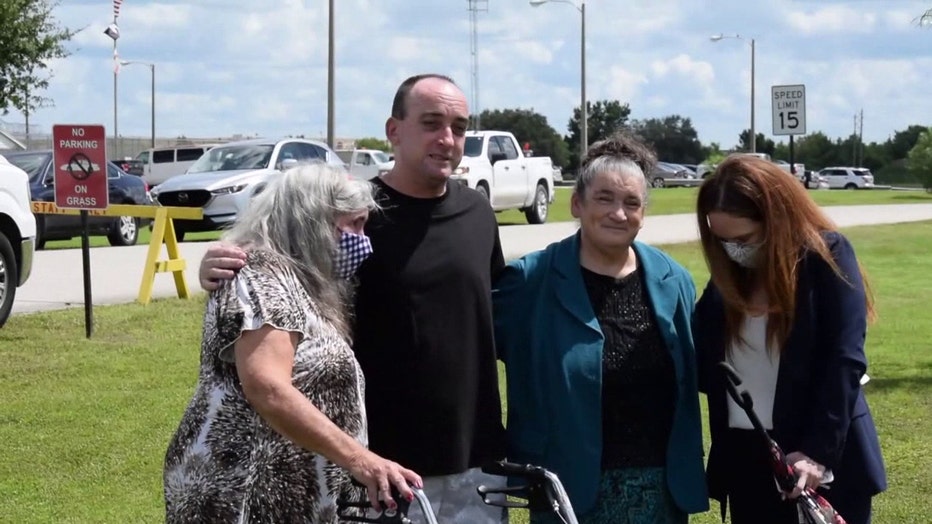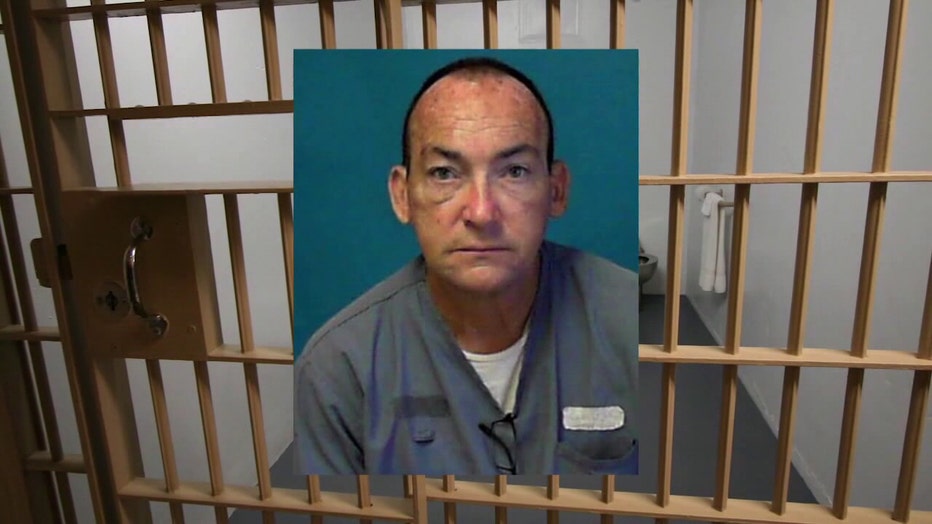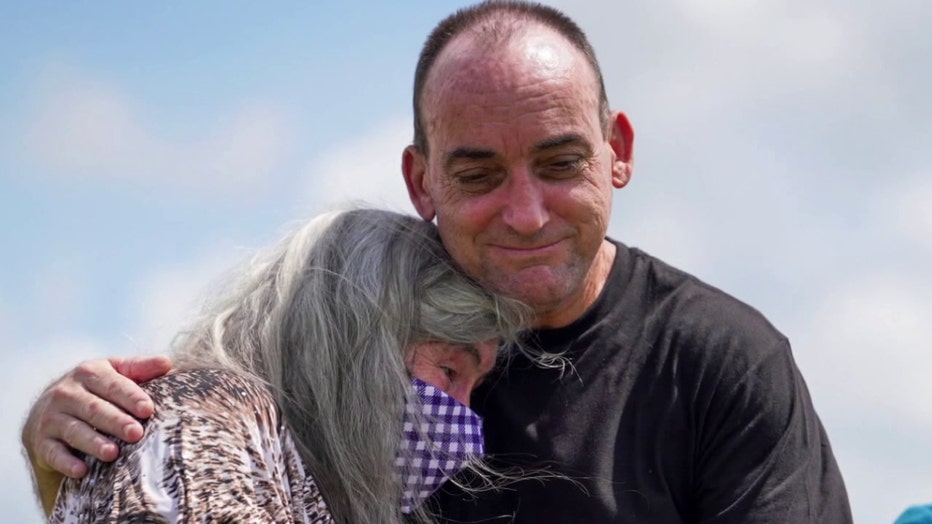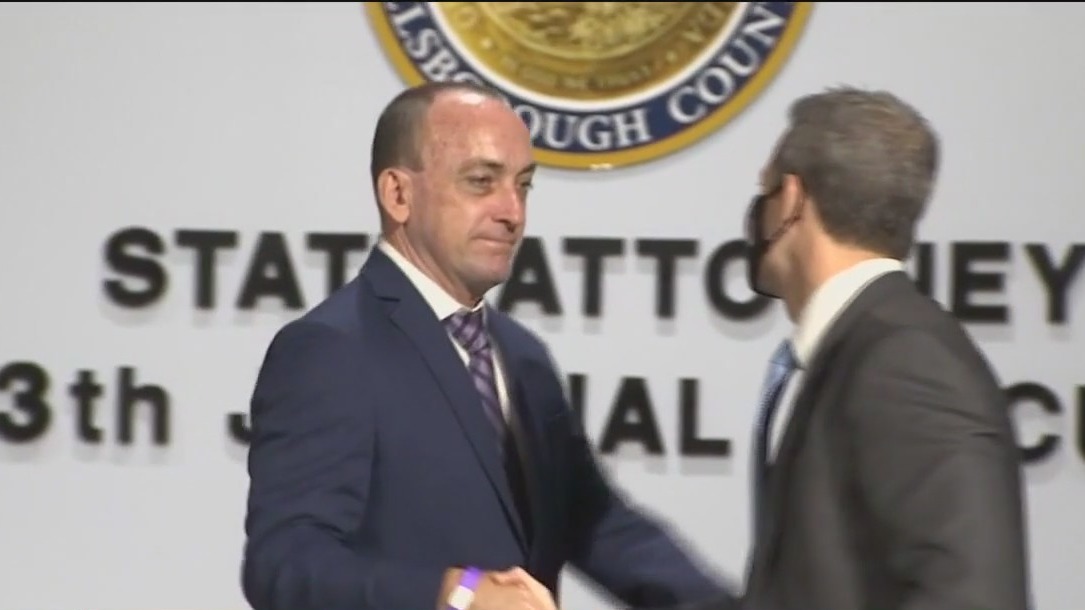$14M settlement approved for Tampa man who spent 37 years behind bars after wrongful conviction
TAMPA, Fla. - Tampa City Council unanimously approved a $14 million settlement Thursday for Robert DuBoise, the man who spent 37 years behind bars after he was wrongly convicted of murdering and raping a teenager.
DuBoise didn't attend the city council meeting, but spoke to FOX 13 about this next step in his life.

"It doesn't matter, because money houses all this stuff can never restore your life," DuBoise said. "People are surprised that I'm not excited or something. Well, I've been through this for 40 years already. I don't get excited about much, because I've learned disappointments are right around the corner."
RELATED: Tampa expected to settle with man who spent 37 years behind bars after wrongful conviction
DuBoise was 18 years old when he was arrested and charged with murdering and raping 19-year-old Barbara Grams. Two years later, he was convicted and sentenced to death, before his sentence was adjusted to life in prison.

DuBoise recalled what was going through his mind in court.
"I was dumbfounded through the whole trial, because I didn't understand how it could be happening," he said.
DuBoise was convicted on evidence that – years later – was determined to be completely unreliable.

It wasn't until 2018, however, when the Innocence Project got involved, that investigators agreed to re-test DNA evidence, which finally exonerated DuBoise. The evidence also helped investigators charge two other men in Grams' murder: Amos Robinson and Abron Scott.
Andrew Warren, Hillsborough's State Attorney at the time, spoke to council before the vote.
READ: Tampa man fully exonerated after spending nearly 40 years in prison for murder he didn't commit
"I have no idea how you put a price on 37 years that's been taken away," Warren said.

DuBoise said he hopes new technology helps others who are wrongly accused avoid the decades of injustice that he suffered.
"If I had a cell phone back then, they could have pinged my location. All these cameras on all these buildings, if they existed, this never would have happened, because I would have had something to fight with," he said. "I just hope the people will be a little more receptive to looking at the evidence."
The re-examination of DNA evidence from Grams' case helped investigators crack three other cold cases of women who'd been brutally assaulted and murdered in the 1980s.
SIGN UP: Click here to sign up for the FOX 13 daily newsletter


